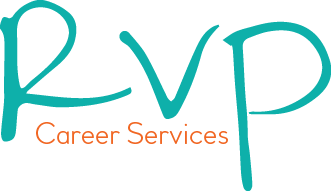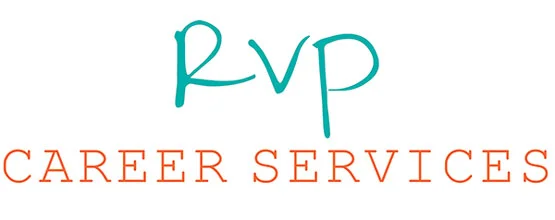How to Manage a Career Change Regardless of Your Age
/Switching careers can be just as daunting at age 30 as it is at age 50 but regardless of where you want to go next, there are viable steps you can take to make sure you land in your new career path with sure footing.
If you are not experiencing the job satisfaction you did when you first started out or now have a curiosity to learn and work in a new industry, it's never too late to make a career change.
Here are some things think about to help you discover what may be next in your career:
Dig Deeper
Before you move to make a big career decision, assess whether you want to change your whole career or if you’re just burnt out at your current position or company. Ask yourself:
Do I not like my boss? or am I not able to strike the perfect work-life balance?
Are there things I could do to make my current career more engaging?
If I get a similar role in another incredible company, would I want to take it?
Answering these questions will help you make a well-established decision before you take a big leap.
Research
Once you have decided you want to make the career switch, you have to answer a big question: What do I want my next career move to be? (And yes, I realize this sounds as easy as ‘go find your soul mate.’) Therefore, long before you quit your current job, you should:
Discover careers that look promising to you.
Shortlist a couple of careers based on your inclination and liking.
Finally, select one where you think you’d be able to make a valuable contribution, enjoy your work and create an impact.
Create a plan
The next major step is to create a plan. To do this, make an inventory of everything you have so far:
What is the likely time frame you’d give yourself before you start your new career?
How should you go about getting the necessary skill sets and experience?
What approach will you take to get to know the people in the industry?
How will you approach jobs that will retain your current pay scale?
There is no dearth of opportunities out there, and once you have a viable plan, you can take daily action steps towards achieving your goal. It won’t be easy but diligence, guidance, and ambition go far!
Network
Since you are already a seasoned professional, you have cracked more deals, met more people, and know how the corporate business culture works better than any newbie out there. Use this to your advantage during your transition period and don’t be shy.
Get active on LinkedIn and connect with acquaintances and colleagues.
Go through the stack of business cards you have and reach out to people in the relevant industry.
Ask close friends and relatives to introduce you to people who are currently working in the career you desire.
Get Credentialed in Your New Industry
This is a vital step to gather the required skill sets for the new position. Your current experience and credentials should be a baseline for your new career, but if necessary, you can add on to it by attending seminars and conferences that interest you. These will not only help you network with people in the industry but also learn the current qualifications and training that are most desired in your chosen career path.
If a certification or credential is needed prior to entering the new industry, you can work steadily to get the required components. Also,
Get training and certifications from reputed institutes.
Take up a one- or two-year correspondence or online course through a respected university.
Volunteer time with non-profit organizations to get practical experience.
Apply to Jobs
The time will eventually come when you have to take the step and apply for jobs. If your completely shifting industries, it’s important to make sure your resume and career documents are targeted to your new career path. It may be prudent to work with an experienced professional resume writer.
Even with targeted resumes and cover letters, the chances of getting your foot in the door are always better when a personal acquaintance has referred you rather than applying online or from a job posting. So, when you apply to jobs in your new career:
Try to make a connection with a company employee to learn more about the position before you apply.
Beef up your resume with skills sets required for the position and target your career documents for your desired field.
Build on your experience and highlight your strengths to show you’re not only qualified for the new industry but ready to take on the challenge.
Changing careers may sound daunting but with proper preparation and efficient execution of a well-planned strategy, you will be able to gain confidence that this is the right decision for your career and your future.
If you’re not sure yet if you’re ready for a career change, reach out to Rachel at RVP Career Services to get a free copy of How to Know If It’s Time for a Job or Career Change at rachel@rvpcareerservices.com


